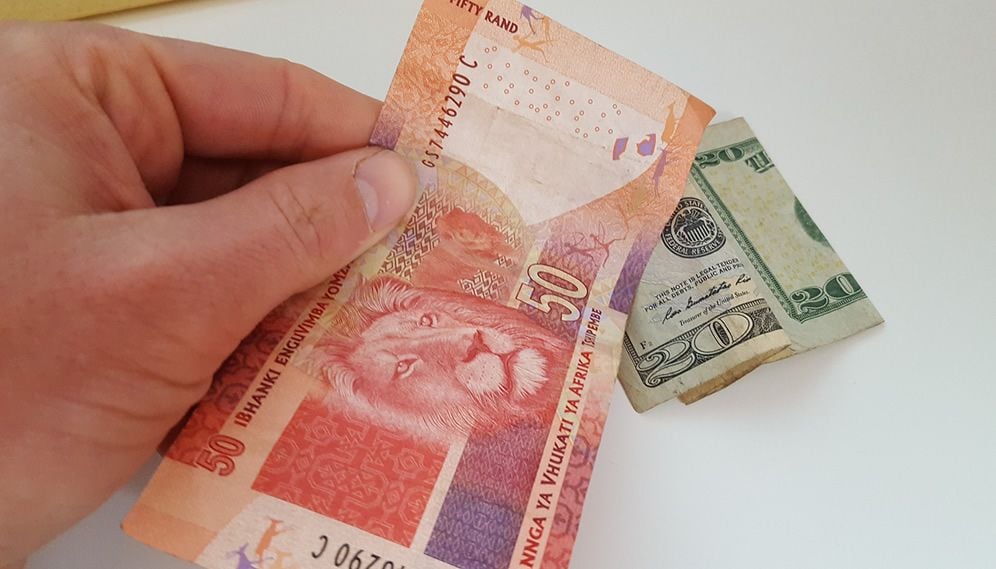South African Rand ‘Overacted’ to SARB Nationalisation News say RMB
- Written by: Gary Howes

The Rand is the easily the worst-performing major currency in the month-to-date and week-to-date periods with the latest bout of weakness coming on increased political interference in the country’s central bank.
The Public Prosecutor made a bid to change the fundamental mandate of the South African Reserve Bank from targeting inflation to targeting growth.
This move has been resoundingly quashed, but the Public Prosector Busisiwe Mkhwebane still reckons she has a case and has taken legal steps to pursue her aims.
However it is plans by the ruling ANC to nationalise the central bank that has shaken investors.
The Pound to Rand exchange rate is 2.13% lower week-to-date at 17.48, the Dollar to Rand rate is 2.6% lower at 14.30 and the Euro to Rand rate 2.62% lower at 15.39.
But, this sell-off might be something of an over-reaction we are told.
“We reiterate our view that the rand overreacted to the SARB nationalisation news,” says John Cairns, an analyst with Rand Merchant Bank. “It is understandable that the proposal to nationalise the SARB has created some nervousness but there is no reason to panic.”
Cairns cites two reasons why investors have no reason to panic, yet:
1) “The elective conference in December would have to approve the proposal for it to become party policy.”
2) “Nationalisation per se would make no difference. As the SARB has made clear, private-sector owners have no bearing on policy; and as various ANC heavyweights have made clear, the independence of the SARB is a separate issue and enshrined in the constitution.”
Cairns suspects that the push to nationalise the SARB is an ideological quest by politicians with an aversion to private ownership, in general, and in such a major institution in particular.
However investors are wary that the central bank could become a new flashpoint for risk when it comes to South African.
“It does not take much to think that the real underlying motive of the radicals is to actually change the SARB’s mandate. The proposal to do exactly this was soundly defeated but the nationalisation agreement shows that there had to be some give and take and that the battle for the SARB is far from finished,” says Cairns.
All eyes now turn to the ANC National Conference in December where a host of investor-sensitive policies will be debated, rejected or adopted.
Taking land without compensation will be a hot topic, and now it appears that investors have the future of the SARB to add to the at-risk list.




